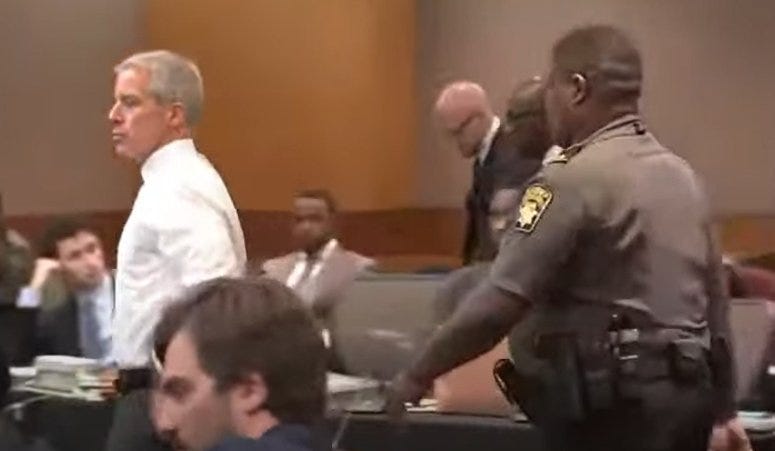Young Thug's Attorney Arrested
I am in blood / Stepped in so far that should I wade no more, / Returning were as tedious as go o'er
The quote is from Shakespeare’s Macbeth. It is the sunk cost fallacy, manifested in iambic tragedy, as are we all who endure the continuation of the Young Thug trial, including first and foremost Ural Glanville, chief justice of the Fulton County Superior Court, who perhaps realized today the inevitability of collapse.
This afternoon, Glanville jailed Br…
Keep reading with a 7-day free trial
Subscribe to The Atlanta Objective with George Chidi to keep reading this post and get 7 days of free access to the full post archives.




